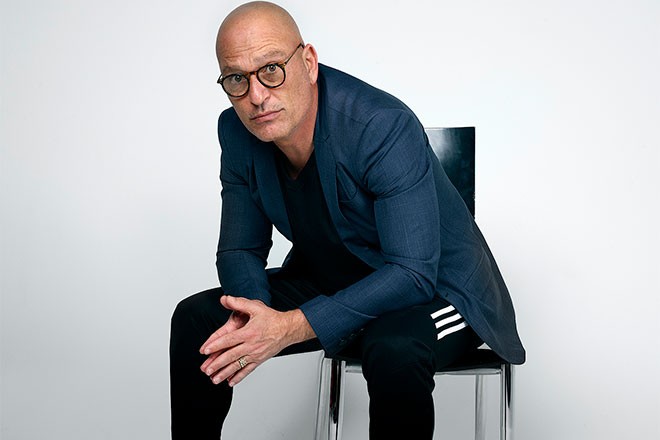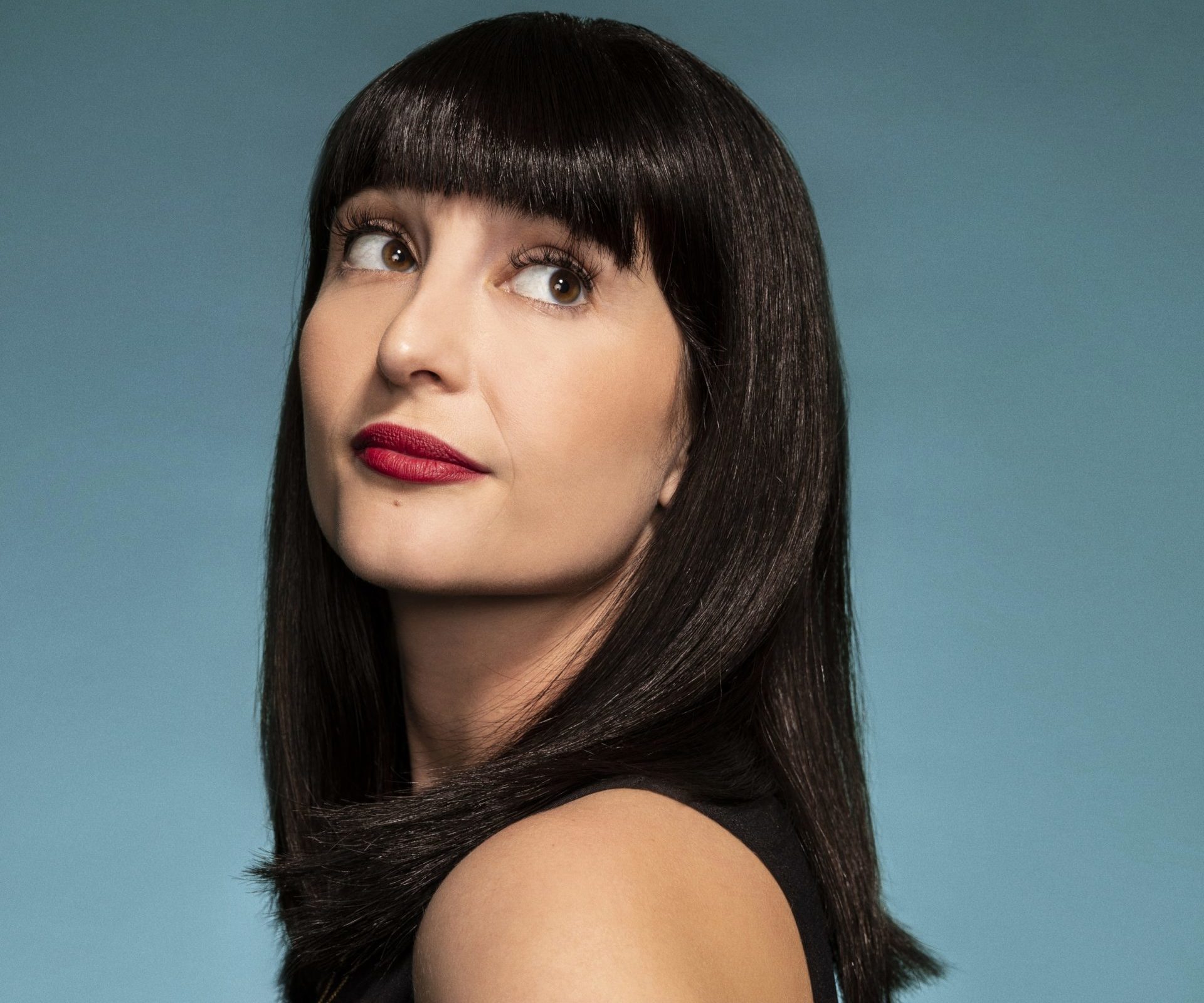
What comes to mind when you read the words obsessive compulsive disorder? For many, the phrase likely conjures up an image of a person obsessively organizing their home or compulsively counting out their actions. OCD can certainly manifest in these ways, but the disorder is much more complex than television and film portrayals would lead you to believe.
The Mayo Clinic defines OCD as “a pattern of unwanted thoughts and fears (obsessions) that lead you to do repetitive behaviors (compulsions).” Often, people’s obsessions center around certain themes, such as cleanliness, contact with germs or dirt, sexual or religious fixations, or harming yourself or others. These obsessions and compulsions can vary in severity. In more severe cases, they may interfere with a person’s ability to function normally, causing shame and distress.
OCD affects about 2.5 million U.S. adults, or 1.2 percent of the country’s population. The average age of onset is 19, although about one-third of adults who have OCD first experienced symptoms in childhood.
Scientists haven’t pinpointed a definitive cause of OCD. According to Johns Hopkins Medicine, a person’s genetics, brain abnormalities, and environment are all thought to play a role. For some pediatric patients, OCD symptoms begin after an acute strep infection. This phenomenon is known as PANDAS, or Pediatric Autoimmune Neuropsychiatric Disorder Associated with Streptococcal Infections.
Although some people mistakenly refer to keeping their home tidy as “being OCD,” this mental health condition is no laughing matter and should not be stigmatized in that way. OCD isn’t just being clean; it’s a serious disorder that typically requires therapy or psychiatric medication to treat.
With proper treatment, it is totally possible to live a normal life with OCD. That’s why a growing number of celebrities who have this condition have chosen to speak publicly about how it affects their life. Since OCD is sometimes minimized in casual conversation and depicted in a singular way in pop culture, people might not even realize they have it.
Keep reading to learn more about nine celebrities who have opened up about their experience with OCD, including David Beckham, Lena Dunham, and Charlize Theron.

Former footballer David Beckham has been a longtime advocate for OCD awareness.
He first opened up about his struggles with compulsive cleaning in 2006, telling ITV, “I’ve got this obsessive compulsive disorder where I have to have everything in a straight line or everything has to be in pairs. I’ll put my Pepsi cans in the fridge and if there’s one too many then I’ll put it in another cupboard somewhere … everything has to be perfect.”
As The Guardian reported, Beckham will also address his OCD in a forthcoming Netflix documentary about his life. The outlet recently shared a quote from the doc in which Beckham described waiting until “everyone’s in bed” to clean his house every night.

Charlize Theron has spoken publicly about her struggles with OCD for more than a decade. In 2009, the South African actress told Contactmusic she has a “serious problem” and can’t function if her home isn’t clean. “I really, really lie in bed and [am] not able to sleep because I think, ‘I saw something in that cabinet that just shouldn’t be there,’” she said.
“it’s a real disease, and millions of people actually suffer from this, it’s an obsessive compulsive disorder,” the Mad Max: Fury Road star continued. “I don’t do counting or any of that stuff, but I have a real thing about chaos.”
Theron has also opened up about managing her OCD symptoms as a mother of two young children. Speaking to talk show host Ellen DeGeneres in 2017, the actress confessed that glitter is one of her triggers because it gets everywhere. Even though she doesn’t buy it, she still finds it all over her home.
Although her kids’ messes can trigger her OCD, Theron said she continues to “work on it.”
“I’ve gotten a little bit better,” she added. “My kids definitely helped me be less anxious about a lot of that stuff.

Leonardo DiCaprio first opened up about his struggles with OCD after starring in The Aviator, a 2004 biopic about pilot Howard Hughes, who suffers from the same disorder.
DiCaprio’s compulsions originated as a child. “My thing was not stepping on cracks, or not stepping on certain things,” the Oscar-winning actor shared, per DigitalSpy.
His symptoms actually reemerged while filming The Aviator. “Sometimes it took me ten minutes to get to the set because I’d be pacing back and forth, stepping on gum stains,” he said. With practice managing these compulsions, DiCaprio was able to get back on track.
“I’m able to say at some point, ‘Okay, you’re being ridiculous, stop stepping on every gum stain you see. You don’t need to do that. You don’t need to walk 20 feet back and put your foot on that thing. Nothing bad is going to happen,’” he added.
Lena Dunham has struggled with OCD for most of her life. She began experiencing obsessions and intense fears at just 8 years old.
“The list of things that keep me up at night includes but is not limited to: appendicitis, typhoid, leprosy, unclean meat, foods I haven’t seen emerge from their packaging, foods my mother hasn’t tasted first so that if we die we die together, homeless people, headaches, rape, kidnapping, milk, the subway, sleep,” she wrote in a 2014 essay for The New Yorker.
Dunham famously pulled from her own experiences for a memorable storyline involving OCD in her HBO series Girls. Hannah Horvath, Dunham’s character, was also diagnosed with OCD in childhood. Her symptoms reemerge in adulthood after she experiences a stressful breakup and lands a book deal.
In a 2017 video PSA for the Child Mind Institute, Dunham shared some poignant advice for her younger self: “I would tell my younger self to squeeze my dog tightly and to read a book and to meditate and breathe. And to understand that I’m not alone, that there are so many other kids like me who are suffering this way, and the greatest thing I can do for them and myself is to be honest.”

Howie Mandel has also struggled with OCD since childhood. His primary obsessions are cleanliness and contact with germs.
“I was always incredibly obsessed with germs and cleaning and taking shower after shower after shower,” the America’s Got Talent judge told Everyday Health in 2010. “Even when I was very young, I wouldn’t tie my shoelaces because they had touched the ground. I had continuous repetitive thoughts that I couldn’t get past. As a child, my mind was a lot busier than I was.”
The COVID-19 pandemic was especially triggering for Mandel. Speaking to PEOPLE in 2021, he described managing his OCD symptoms during quarantine as “an absolute hell.” He has also experienced depression.
That’s why Mandel has made it his “life’s mission” to destigmatize mental illness. “I’m broken. But this is my reality,” he told the magazine. “I know there’s going to be darkness again — and I cherish every moment of light.”

Writer, podcaster, and Buzzfeed video alum Allison Raskin has made a career out of advocating for mental health awareness. She, too, has had OCD since childhood. Her case is a clear instance of PANDAS, as her symptoms began suddenly after she contracted strep throat when she was 4 years old.
Raskin has experienced intrusive thoughts and compulsions around everything from contamination to losing her partner. In her book Overthinking About You: Navigating Romantic Relationships When You Have Anxiety, OCD and/or Depression, she got real about how her OCD symptoms have impacted her dating life.
“I have been guilty of every ‘crazy girl’ stereotype out there,” she recalled. “I’ve called too much. I’ve texted too much. I’ve stayed up all night crying, praying my boyfriend wasn’t going to dump me in the morning. … I’ve obsessively worried that I would be alone forever. And this near-debilitating fear permeated all aspects of my life and severely impacted my overall happiness and wellbeing.”
Years of therapy, medication, cognitive restructuring, and elevating her self-esteem have helped ease Raskin’s symptoms.

In a 2010 interview with Allure, Megan Fox got real about how OCD affects her daily life. The actress has an intense fear of germs that interferes with her ability to eat and cook for herself. Fox also experiences compulsions around cleanliness, which cause her to wash her hands excessively.
“This is a sickness, I have an illness — this is not OK anymore,” she told the magazine.
Therapy has helped Fox get her excessive hand-washing under control. However, the Jennifer’s Body star still struggles with obsessive thoughts.
“People can’t imagine what the struggle is really like, when you can’t let go of a thought or a word,” she added. “All day and every day. And I can engage in a conversation with someone and seem like I’m present, and the whole time I’m in my own head thinking about something else, worrying about something else.”

In an interview with Collider from 2008, Justin Timberlake said he has OCD. On top of that, the pop singer also lives with attention deficit disorder (ADD), which impairs his ability to focus.
“I have OCD mixed with ADD,” Timberlake told the outlet. “You try living with that. It’s complicated.”
Attention deficit/hyperactivity disorder (ADHD), an offshot of ADD, is surprisingly common in people who have OCD. Research suggests that ADHD and OCD stem from abnormal activity in the same neural circuit of the brain.
:max_bytes(150000):strip_icc():focal(714x0:716x2)/mtv-style-3-2000-4df938023bd14d92bd54e3df0b86fc12.jpg)
Stranger Things alum Shannon Purser spoke out about her OCD journey in a 2018 essay for Teen Vogue. The actress recalled struggling with a debilitating “fear of dishonesty” as a teen that caused her to obsess over her social interactions with others.
“I became obsessed with the idea that I was being insincere,” she shared. “I could no longer say simple things like ‘I’m sorry’ because, I thought, what if I wasn’t really sorry? That would make me a liar. And being a liar was wrong. I was compelled to try to find any way to rephrase my sentences so I could feel at peace, but a lot of times, I couldn’t. So I just decided not to talk.”
Purser didn’t even realize she had a treatable disorder until she stumbled upon an article about OCD. She talked to her mom about it and finally sought help for her symptoms.
“With a combination of therapy and medication, I got better. I learned to love life again,” she shared. “My problems didn’t go away, but they became much easier to face.”





